- Travel restrictions deny Arakanese youth access to higher education
- Motorists fined K30,000 for traffic violations in AA controlled areas
- Inmates escape from Kyaukphyu Prison amid heightened security
- Arakan farmers struggle as paddy market collapses, debts mount
- The Rohingya Crisis Is No Longer Only About Myanmar
IDP women in Arakan struggle to feed their families amid rising prices
Displaced women who are heads of households say their families are facing a daily worsening of livelihoods due to a lack of jobs and rising prices in Arakan State, where the military conflict continues.
06 Nov 2025
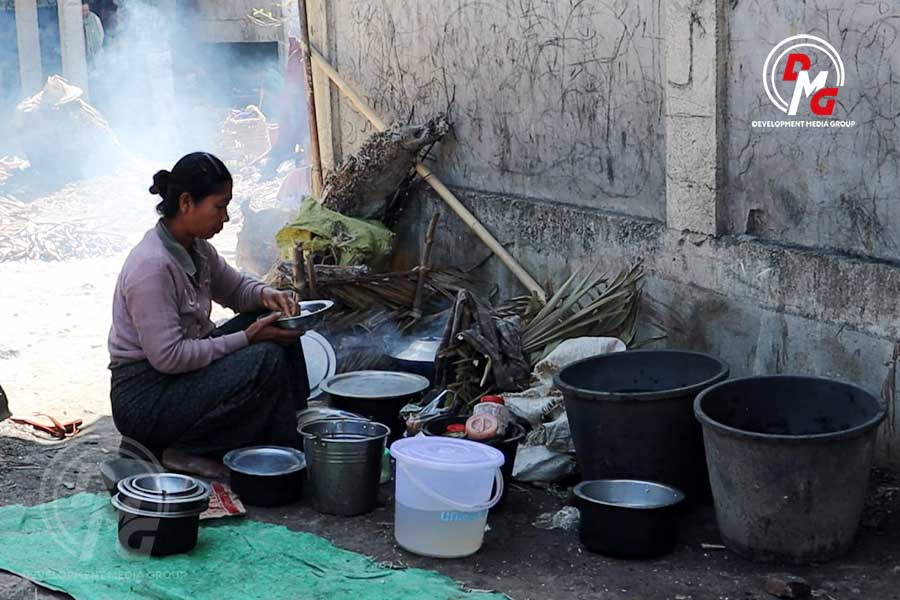
DMG Newsroom
6 November 2025, Ponnagyun
Displaced women who are heads of households say their families are facing a daily worsening of livelihoods due to a lack of jobs and rising prices in Arakan State, where the military conflict continues.
"Now I am the only one responsible for the affairs of my four children. My work is irregular. I earn K10,000 a day selling vegetables, and some days I earn only K5,000. With such high prices, how can a family eat with that money? I am not happy at home at night. I wake up thinking about how these children will survive tomorrow," said a female head of household in Ponnagyun Township.
Nearly 600,000 people have been displaced by the fighting in Arakan State. They face many challenges, including limited access to aid, job shortages, and soaring prices.
Women heading households carry heavy responsibilities for the entire family, including food, health, and education, while also worrying about their safety. This burden causes significant stress.
Daw Ma Win Aye, a female household head, said, "I am struggling to provide for my family, so I cannot take care of my children. I worry about the children left at home while I go out to work. When I hear the sound of fighter jets, I fear for their safety. But since food is the main concern, I have to prioritize feeding my children."
Across Myanmar, women are increasingly anxious about their futures due to rising prices, fewer job opportunities, and domestic violence following the military coup.
A report released earlier this year by the Institute for Strategic and Policy Studies (ISP Myanmar) surveyed more than 500 women and found that over 70 percent were worried about their future.




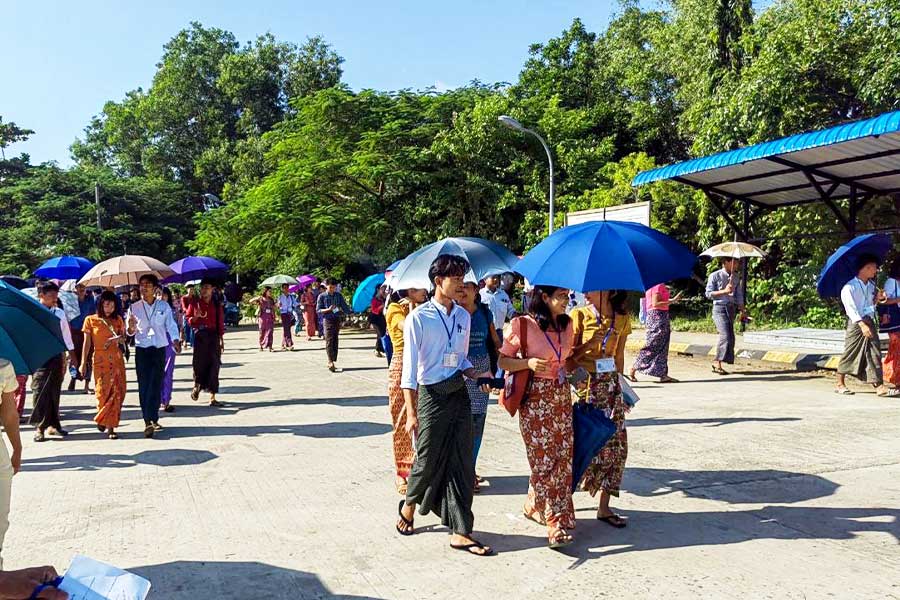
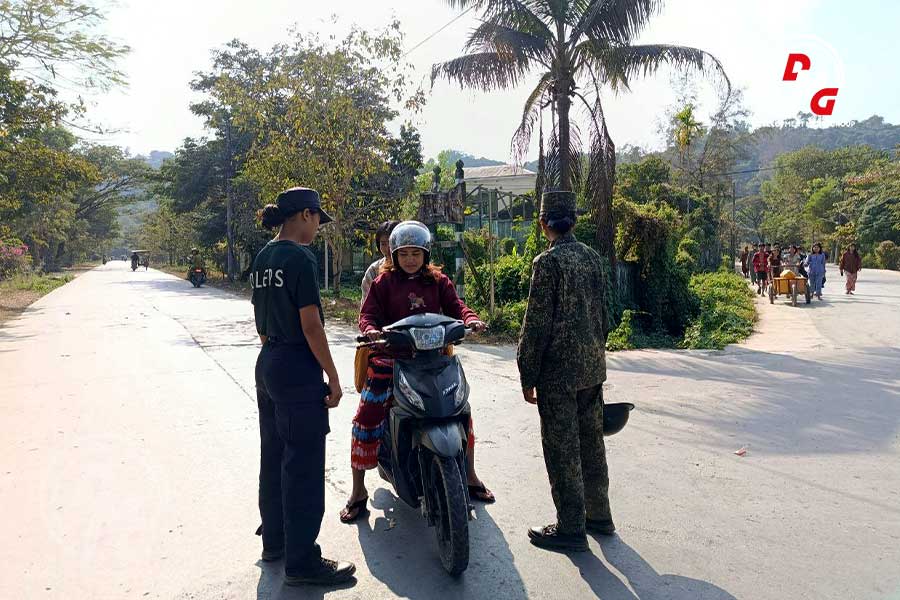
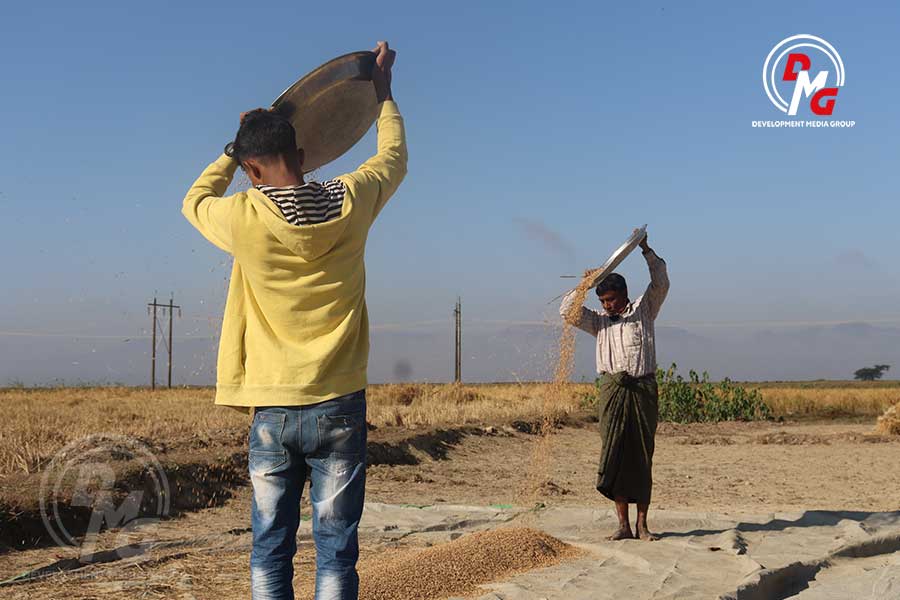
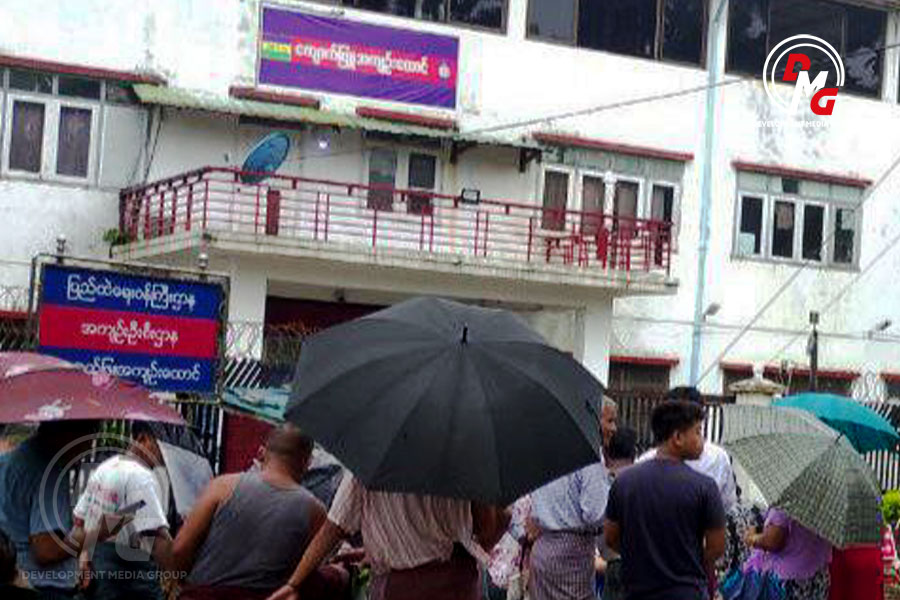
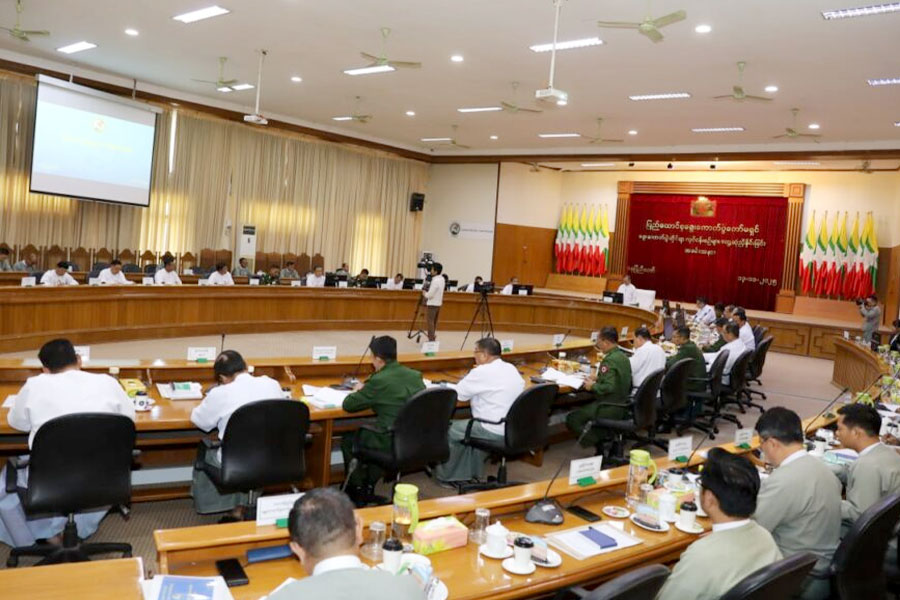







.jpg)
